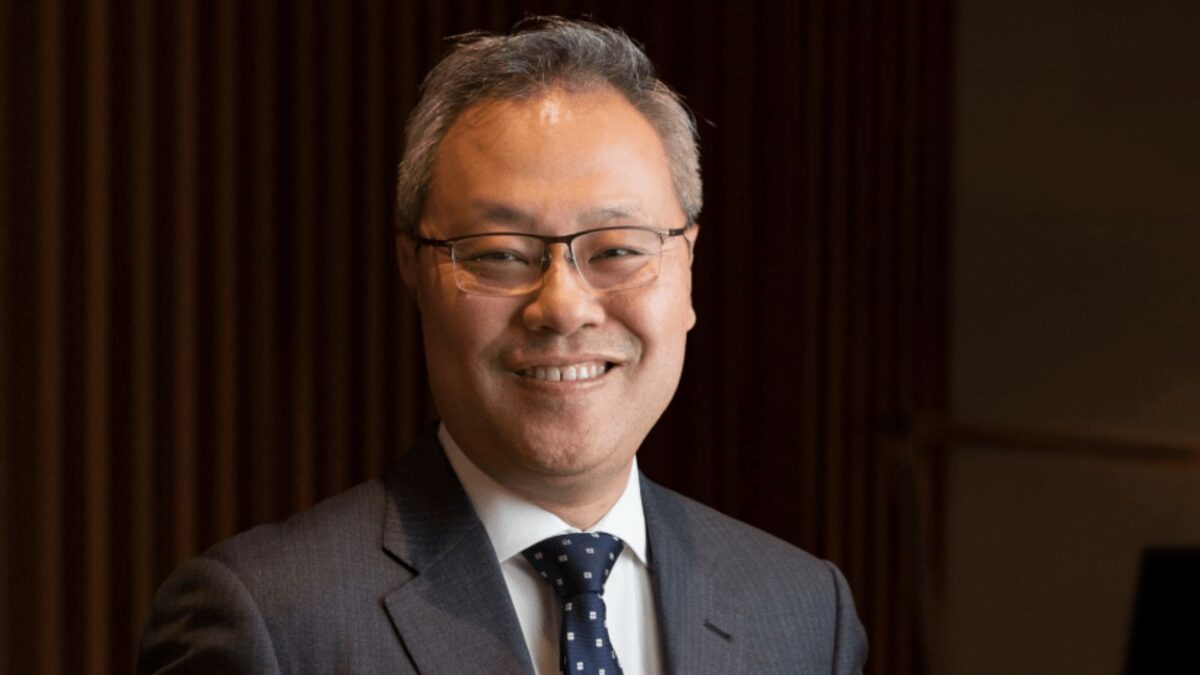‘No doubt’ greenwashing crackdown has had an effect: UniSuper
ASIC’s crackdown on greenwashing last year saw several super dragged to court and others rush to double-check their climate change and other sustainability-related commitments to ensure they weren’t leading members astray.
Speaking at the RIAA conference on Thursday, UniSuper CEO Peter Chun said that “there’s no doubt that there’s been some changes” at the fund in response to the regulator’s tougher stance, with efforts to make disclosure more consistent and fit for purpose.
“For certain disclosures, particularly calculations or quantitative metrics, we’ve sought external verification,” Chun said. “There’s a need to get some external assurance and we’ve undertaken that to make sure it’s scrutinised by an external party. And we’ve done more training and education in the organisation, for our legal team, our marketing team, our investments team, so that we’re clearer on the risks – risks that the regulator is quite rightly very focussed on.”
ASIC chair Joe Longo used a speech at the RIAA conference to outline the regulator’s expectations around greenwashing and affirm that the practice remains firmly “in (its) sights”.
“While the shift to sustainable finance may constitute a once-in-a-generation transformation, the fundamental underlying principles are as old as regulation itself: the principles of accuracy and transparency,” Longo said. “A lack of transparency has never been acceptable. Nor has misleading consumers and investors.”
UniSuper’s members, drawn mainly from universities, are more engaged than those of most funds – 63 per cent of its assets sit in 16 choice products – and the fund has several times been hit with allegations of greenwashing from them, including over its investments in Santos and toll road operator Transurban.
“The demands around wanting to know what we’re doing to support the energy transition – from a lot of the academics and our very literate members we have – do make us a better investor,” Chun said. “There’s no doubt that we are responsible.
“But I need to make a point that what we’re doing could at times not be aligned with the view of an academic. That’s the role of the super fund – to deploy capital responsibly based on what the investment team believes in. Nonetheless, a lot of the engagement we have with our members does help us.”
Around 75 per cent of UniSuper’s assets are managed in-house, meaning it has a “very active engagement model” with the companies it invests in, including taking board seats in private companies and exercising all its proxies. But the outcomes of its engagement with boards and management aren’t always obvious to its members, and to be effective it sometimes has to keep them that way.
“As a preference we try and make that private,” Chun said. “These are conversations that are important to respect in that regard. Where appropriate we do disclose what’s transpired – we have case studies in our responsible investment report – but as always there’s never a direct correlation based purely on a UniSuper meeting. We try not to brag about it – it’s not in our interests to do so. As a preference we do want it to remain confidential.”











